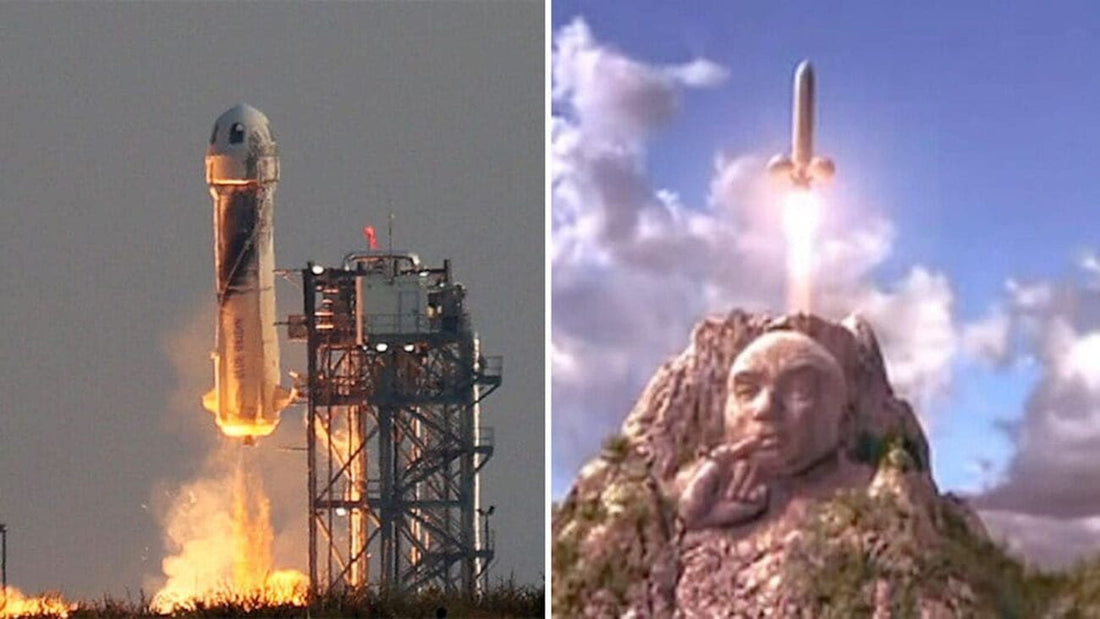
Proposed Bill Will Tax Space Tourism, Impedes On 'Muricas Liberty Or Whatever
Share
Those buying joyrides to the final frontier might find an additional charge on their bills soon.
Earl Blumenauer (D-Oregon) plans to introduce the Securing Protections Against Carbon Emissions (SPACE) Tax Act, which would impose new taxes on space tourism.
"Space exploration isn't a tax-free holiday for the wealthy. Just as normal Americans pay taxes when they buy airline tickets, billionaires who fly into space to produce nothing of scientific value should do the same, and then some," Blumenauer said in a statement issued by his office.
"I'm not opposed to this type of space innovation," added Blumenauer, a senior member of the House of Representatives' Ways and Means Committee. "However, things that are done purely for tourism or entertainment, and that don't have a scientific purpose, should in turn support the public good."
Blumenauer announced the SPACE Tax Act on Tuesday (July 20), the same day Jeff Bezos' company launched its first crewed spaceflight. Blue Origin's New Shepard vehicle carried Bezos, his brother Mark, aviation pioneer Wally Funk and Dutch physics student Oliver Daemen into suborbital space and back.
Amazon's flight came just nine days after Virgin Galactic's VSS Unity made its first crewed trip into space.

Virgin Galactic plans to start commercial flights early next year, after performing a few more test flights this fall. Blue Origin has already started commercial flights, and Daemen was a paying customer.
The most recent Virgin Galactic ticket price was $250,000. Although Blue Origin hasn't disclosed its prices, we're guessing they're in the six figures, too. An anonymous someone paid $28 million for a New Shepard seat in an online auction last month, but that was a special circumstance. Daemen filled the seat that was supposed to go to the anonymous auction winner on July 20 after they backed out.
Taxes would likely be levied per passenger, like in commercial aviation.
"Exemptions would be made available for NASA spaceflights for scientific research purposes," the statement reads. "In the case of flights where some passengers are working on behalf of NASA for scientific research purposes and others are not, the launch excise tax shall be the pro rata share of the non-NASA researchers."
A suborbital flight would be taxed differently from an orbital flight. Both statements didn't say how much the tax would be or what the collected money would be used for.
A purpose of this kind could be the fight against climate change, if the full name of the act is any indication. In a statement, Blumenauer expressed concern about the potential carbon footprint of the space tourism industry once it's fully operational.

Should we tax space douchers with enough disposable income to travel into space at the expense of our planet?
Let us know in the comments and help thrust Australia into the deep unknown…
#Space_Aus




